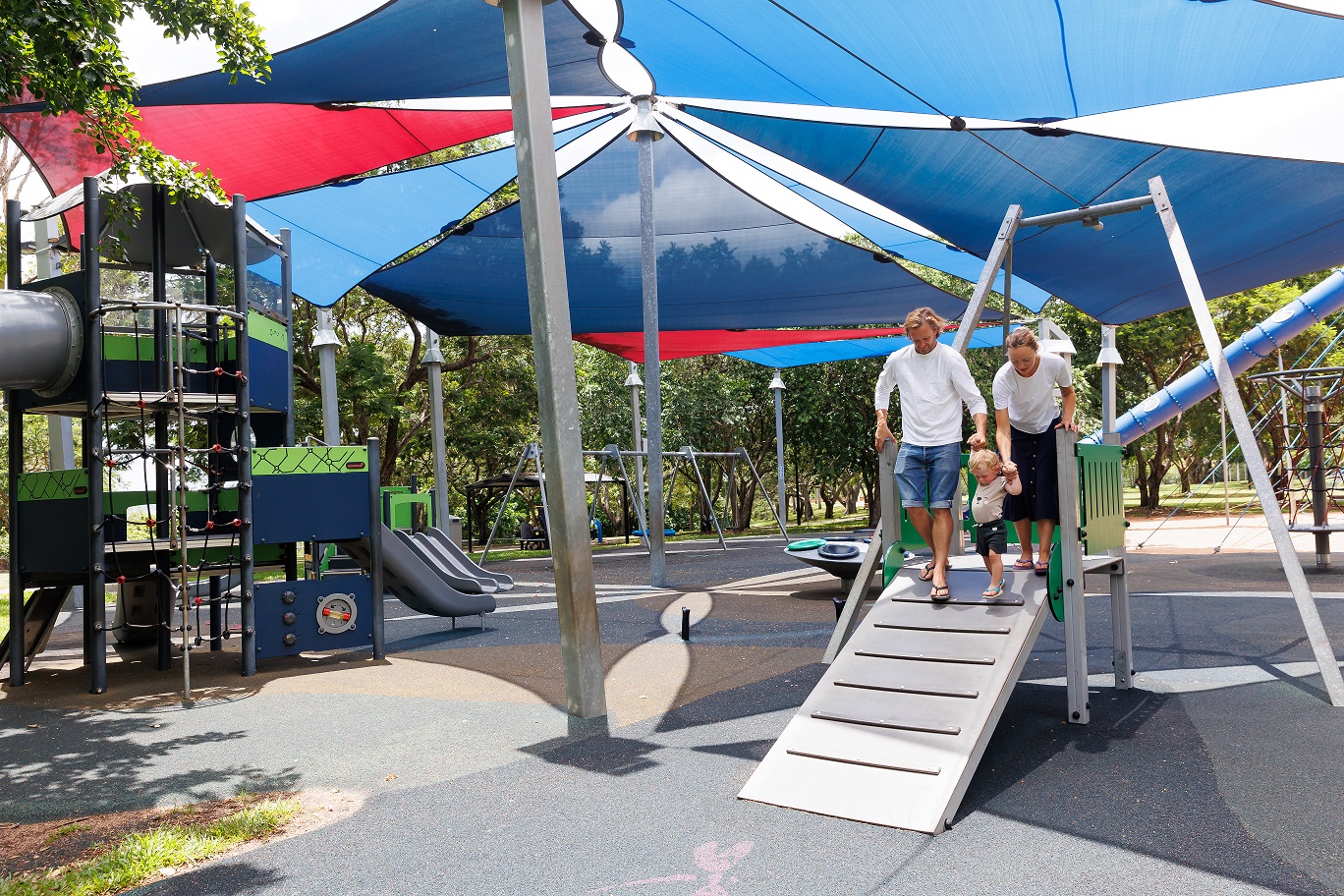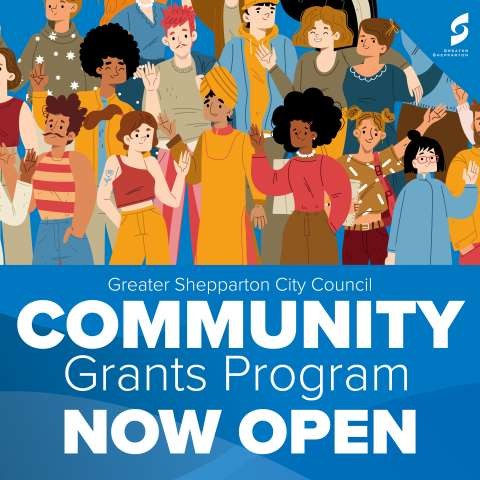Assistant Minister to the Prime Minister, Assistant Minister for the Public Service
Towards a culture of collaboration
Reaching out. Welcoming others in. Collaborating. Achieving. This has not always been the image of the modern Australian Public Service.
But every one in this room is committed to changing this. We know that in 2024 we need to work even harder for a public service that puts the Australian people and business at the absolute centre. And to do this, we must reject parts of the culture that has dominated the public service for much of Federation.
We don’t need to look that far back to see that the cultural heritage of the APS must not determine our future. Australia’s public service existed for 72 years without women in formal leadership roles. It took us another 50 years to reach gender parity in the Senior Executive Service, with Band 2 parity only reached last year. From the appointment of one, Marie Coleman AO PSM in 1973, to the majority of the service and the majority of its leadership in 2024.
To put this slow progress in another way. The Australian people had elected women to Parliament in 1943. It took the APS and the government of the day another 30 years to catch up.
Thankfully, the culture has changed, is changing and you as public service leaders will continue to change. Because if you believe in good public policy, you must believe that good ideas can come from anywhere. You must believe that bringing different ideas and perspectives together is how we get breakthrough results.
And we saw an optimistic message out of the darkness of the Robodebt scandal. That people on the frontline often have the best insights.
And that is why today’s gathering is important. We will only meet the challenges of now, and the future, by seeking advice, ideas and solutions from outside.
Think of the policy challenges we find ourselves in. Net Zero bringing the biggest economic transformation since the Industrial Revolution. The most challenging strategic circumstances since the Second World War, both in our region and around the world. Tipping points in the digital revolution with social media risking more harm than help, and AI transforming the ways we think and work.
This is why I am here today, to discuss the importance and urgency of building Australian Public Service relationships beyond business as usual. To build an APS that is engaged with its community. All of it.
To get those on-the-ground perspectives, experiences and insights. To leverage the work of our world-leading research institutions.
An APS that talks to subject matter experts in the corporate and not-for-profit sectors about their ideas. So that together we solve common problems and deliver more impact for more Australians. And through that we can all benefit.
Putting the public at the centre of their service
Priority two of our APS Reform agenda is putting people and business at the centre of design and delivery of policy and process. The government has committed to building meaningful partnerships with non-traditional stakeholders. This is an important shift from the old norms.
Firstly, building meaningful and productive relationships gives Australians more input into how policy and services are designed and delivered. This results in stronger policy that reflects the aspirations and needs of the communities they affect.
Secondly, it builds trust and a sense of ownership in the process of government. This strengthens our democratic institutions in the face of threats like disinformation and deep fake content.
Empowering public servants
It is now the expectation that the Public Service collaborate. Last year the Government released the Charter of Partnerships and Engagements.
The Charter sets out firm direction for improving the way the APS puts people and businesses back at the centre of policy, implementation and delivery. Let’s go through the six principles. Consider how Australians would benefit if we adopted the mindset characterised by these principles.
Principle one: be open. Be open to engaging with a diverse range of perspectives to inform policy and program development, so those affected have a genuine opportunity to have their say.
Principle two: be responsive. Be willing to try new approaches to make sure engagements are fit for purpose, culturally appropriate, adaptable and outcomes-focused.
Principle three: be transparent. Build trust by acting with integrity, being open and honest about expectations, roles, responsibilities, limitations, objectives and processes.
Principle four: be accountable. Share information, take responsibility for commitments and inform people and communities on how they contributed to the final decision.
Principle five: be informed. Make decisions on the basis of effective and ethical use of data, research and insights, informed by lived experience, history and context.
Principle six: be collaborative. Encourage and build relationships through collaborating respectfully, and partner with communities, businesses, academia, industry and other sectors, to achieve the best outcomes.
The Charter applies to all APS staff and supports agencies to build more responsive policies and programs. It strengthens public trust while ingraining appropriate behaviours and cultures within the Public Service. It sets clear expectations for government, the APS and community, making clear our genuine desire to build mutually beneficial partnerships and engagements.
From talk to action
The Charter emphasises that everybody benefits through good engagement and partnership. The private sector is a key ally in achieving progress.
Let me say that again. The private sector is a key ally.
A partner in national priorities related to the digital economy, cybersecurity, supply chain resilience and climate change. Here’s the proof.
The Australian Bureau of Statistics is working with Woolworths IQ, the company’s data analytics arm, on the use of generative AI and data management tools. The Australian Public Service Commission and Department of Defence are learning from Telstra’s experience with workforce planning and the implementation of agile ways of working.
In recent months, the Albanese Government announced $200 million in support of green steel-making in South Australia and New South Wales, to deliver a Future Made in Australia. Our Budget backs our critical minerals and hydrogen industries and businesses spread across Western Australia. It is these sort of opportunities for collaboration and knowledge sharing we need to leverage to take Australia forward.
More collaboration just makes sense.
It is not just business – harness world-leading research
The problems we face are complex. Solutions often require novel approaches.
Through a collaborative APS, we have an opportunity to better harness Australia’s world-leading research and expertise. Not only are our friends in academia well-versed in solutions to past problems and the circumstances that brought them about. They often first to see emerging trends, technologies and ideas across a range of disciplines that help us understand and prepare for what is to come. But that does not mean our ideas are bound by these borders.
Our academic community is connected to the global network of universities and institutions. Which means we have access to not only the brightest minds and best ideas in Australia but across the world. Their knowledge, experience and expertise is a vital resource for the Public Service. And working with academia through the APS Reform agenda only reinforces how much they want to contribute to better public policy outcomes through their work.
On the frontline
Lastly, and by no means least, the not-for-profit sector is a veritable goldmine of value for developing strong policy and effective service delivery. I spoke earlier about people on the frontline having the best insights on how to solve problems, on the resources required, on the best approaches.
There are few groups closer to the frontline than the hardworking people in the not-for-profit sector.
As we have seen, particularly over the last few years, the not-for-profit sector has helped people navigate some of the most unexpected circumstances we have seen in our lifetimes. Through their work, they have won hard-earned and significant trust in communities. They have gained insights into what the theory of policy and service looks like in practice.
Conclusion
Centuries of hard work of the Australian people has given us the economic strength we have today. In our most challenging times of natural disasters, wars and droughts is has been teamwork that has ensured we prosper.
Making the most isolated communities in the world, one of the most prosperous nations on the planet. Our diversity has added to that prosperity.
Almost 35 per cent of public servants in Western Australia were born overseas. 25 per cent of public servants speak a language other than English at home.
The diversity of our experiences and ideas in the Public Service make it stronger. It creates more robust, more informed policy. And it means that the public service has so much to offer the country it serves.
It delivers insights and understanding that is relied upon in boardrooms. It provides data that powers University researchers to their next breakthrough. It uses the authority of Government to build the businesses of the future.
But most importantly, it helps deliver the future Australians deserve.
Thank you.







